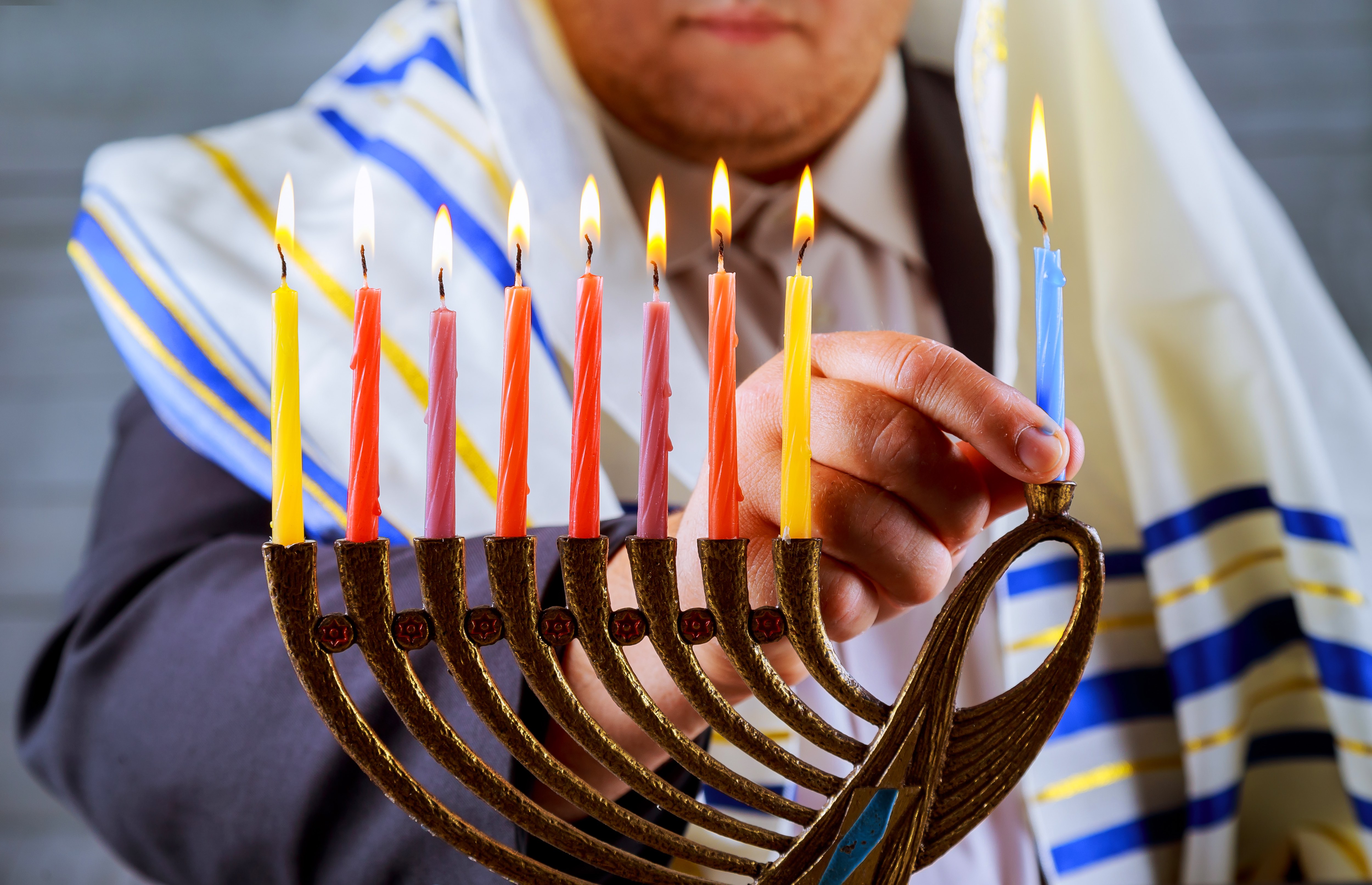THE MOMENT WHEN EVERYTHING CHANGED

The Torah portion of Mikeitz is always aligned with the festival of Chanukah, leading the commentaries to try and find some connection between the two, some of which are rather more tenuous than others.
Nonetheless, it cannot be an accident that Mikeitz and Chanukah are inextricably bound with each other, year after year. That being the case, we feel compelled to look for any common denominators between the two, as this convergence is clearly significant.
Let us focus on Joseph’s accusation to his brothers that they were spies (Gen. 42:9-14). His brothers naturally denied the accusation, but this seemed only to make Joseph even angrier.
Despite their insistent claim that they were simply a bunch of brothers who had come to Egypt looking for food during a famine, he still continued to accuse them of being spies, liars and fraudsters.
It was only later that Joseph became more conciliatory, and replenished their food and money, sending them back to Jacob without harming them in any way.
What changed? Why did Joseph initially act so harshly, and then later on soften his attitude?
The answer can be found in verse 21. The brothers, talking among themselves, admitted – probably for the first time – that this entire incident was undoubtedly the result of their mistreatment of Joseph so many years ago:
וַיֹאמְרוּ אִישׁ אֶל אָחִיו אֲבָל אֲשֵמִים אֲנַחְנוּ עַל אָחִינוּ אֲשֶר רָאִינוּ צָרַת נַפְשׁוֹ בְהִתְחַנְנוֹ אֵלֵינוּ וְלֹא שָמָעְנוּ עַל כֵן בָאָה אֵלֵינוּ הַצָרָה הַזֹאת
“They said to each other: ‘We must be guilty with regard to our brother, as we saw how deeply distressed he was when he begged us, and we did not listen; that is the reason we are going through such distress ourselves.’”
Joseph, who was listening in, and could understand what they were saying without them realizing it, saw the beginning of a process that would allow him to reconcile with his brothers. Suddenly there was an admission of wrongdoing, an acknowledgment that the suffering they were going through was the result of their behavior towards him so many years before.
Earlier on, when they had insisted that they were innocent of all guilt, honest to a fault, he had been maddened by their arrogance and self-delusion. But when they began their introspection, and admitted that their behavior historically had been far from perfect, his attitude towards them softened, and the healing process began.
Chanukah took place after years of religious and societal decline in the Land of Israel. Hellenized Jews had aligned themselves with the Greeks and taken over control of the country. Even the high priests were Hellenists, and partial to paganism. And it seemed God had abandoned the Jews. The Temple was defiled. Torah-true Jews were persecuted. Judaism seemed doomed to oblivion.
It was only when Matityahu, the elderly patriarch of the Hasmonean dynasty, came to the realization that it was up to him and the few others who were concerned for the future of Jewish life to take action, that miracles happened, and the strong were beaten by the weak, and the many were conquered by the few.
We all struggle to deal with challenges and unpleasant circumstances. Usually, all it takes to change things around is an admission that the power to trigger change is in our hands.
If we admit mistakes and understand our own role in the circumstances of our lives, the change that we need will happen, and the process begins that will eventually lead to a happy result.
Photo Copyright: photovs / 123RF Stock Photo

